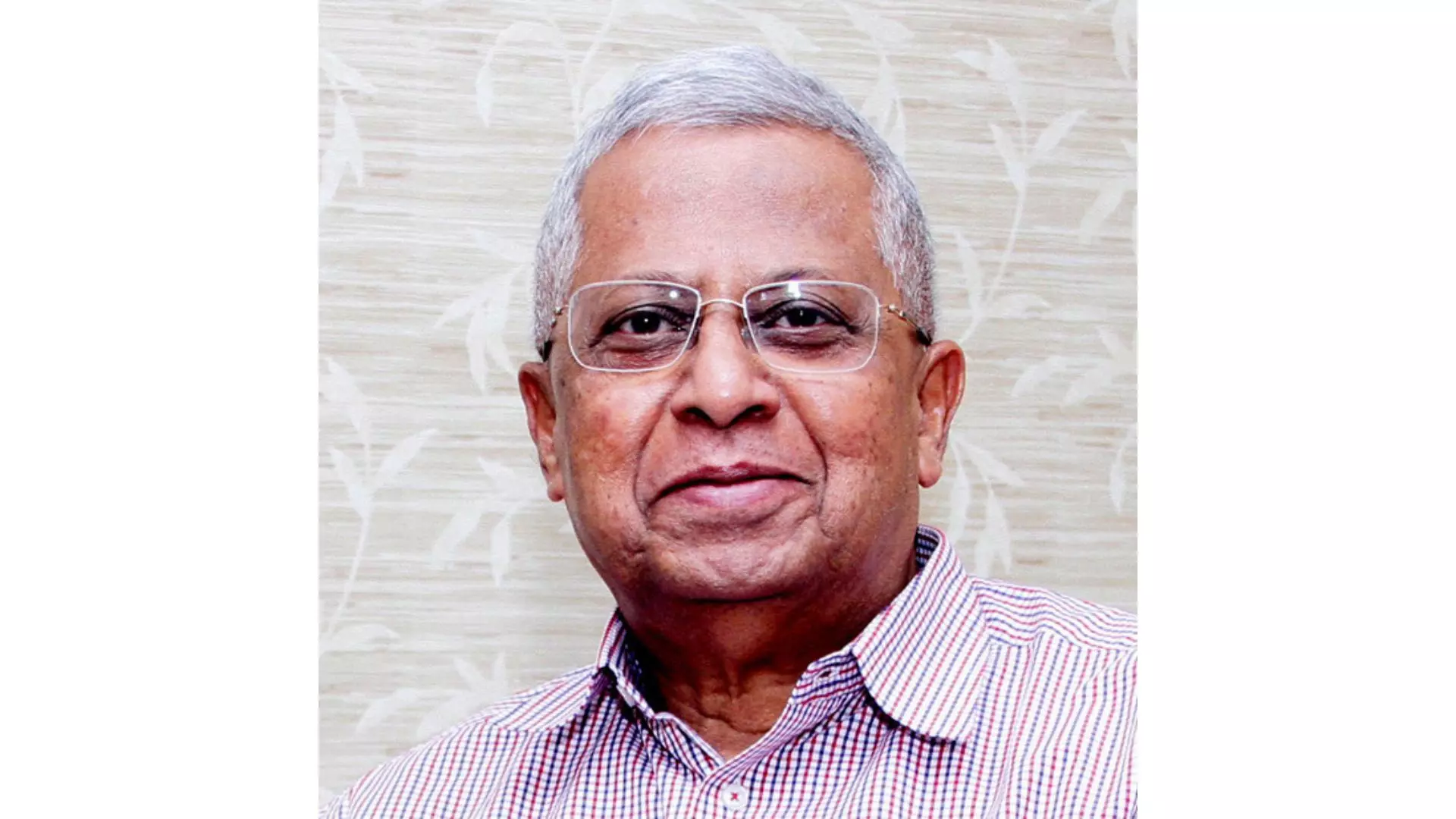Tathagata Roy recalls night of horror as Governor in Shillong when he feared crowd will burn down Raj Bhavan

Guwahati: Former Governor of Meghalaya, Tathagata Roy, in his memoirs has recalled an incident when a large crowd gathered outside the Raj Bhavan, while his frenetic SOS calls to the officials of the state government were not answered, as he feared that the British-era wooden house could be burned down. Mr Roy credits a Khasi-woman IPS officer, who held pistols in her both hands, for the safety of the Raj Bhavan.
Mr Roy claimed that there were attempts made by senior representatives in the state government to “pressure him to sign a bill that would have mandated the people visiting the state even for two-day to report to the police”.
“On 13 December 2019, a massive mob of rowdies, said to be around 10,000 strong and many of them stone drunk, surrounded the Raj Bhavan. Coincidentally, or perhaps not so coincidentally, most of the state cabinet, including the chief minister, was away in New Delhi,” Mr Roy writes in his book, Desires, Dreams and Powers.
He further states that the “person left in charge was Mr James Sangma, the home minister and the chief minister’s elder brother. While the mob was outside, delivering what sounded like fiery speeches in the tribal language that I did not understand, what I was truly worried about was the danger of fire in case the mob threw petrol bombs or something similar”.
He grimly notes that “this could have instantly engulfed the wooden Raj Bhavan building in flames”. The Raj Bhavan in Shillong is made of woods with the British-era legacy, while also being the summer capital of Assam in the past.
Mr Roy gives an account of the state officials not responding to his SOS calls. He writes: “Fortunately, no such thing happened. My secretary Pravin Bakshi and I stood outside the building, keeping watch. I tried to get in touch with the deputy commissioner in charge of the East Khasi Hills district. There was no answer; she did not pick up the phone!”
In his desperation, Mr Roy states that he got in touch with “the director-general of Assam Rifles (a central paramilitary force) and the area commander of 101 Area of the Army, both of whom I knew very well. They both mentioned that a call from the deputy commissioner was necessary for them to get into action, but they were prepared to send a few vehicles to just cruise up and down the road”. Mr Roy, who was Governor of Tripura before he took charge of the Raj Bhavan in Meghalaya, heaped praise on a Khasi-woman IPS officer. Luckily, that was not necessary. “The superintendent of police, a swashbuckling Khasi woman officer called Ms Claudia Lyngwa, stood at the gate, reportedly with a pistol in each hand, keeping vigil with a huge contingent of policemen,” writes Mr Roy in the book.
The former Governor claims that the crowd was orchestrated to exert pressure on him to sign the bill. “This (incident) could have been passed off as an unusually unruly demonstration by the so-called pressure groups, but for one telephone call I received from the Home Minister Mr James Sangma. He wanted me to sign the ordinance, which was the precursor to the amending act. He even mentioned that he was finding it very difficult to restrain the demonstrators. The combination of the call, which sounded like a veiled threat, the demonstration, most of the state cabinet being out of town and the deputy commissioner not picking up the phone made me suspicious,” adds Mr Roy in the book.
Mr Roy states that he told the state home minister that “this governor does not and will not sign any paper under pressure. And if anything untoward happens, he, as the representative of the government, will be held answerable for it”.
Mr Roy had reserved the bill for consideration by the president under Article 200 of the Constitution.
Mr Roy also laments that when he left Shillong no state government representatives saw him off. “Sadly, not a single person from the government of Meghalaya came to bid me farewell, evidently due to their displeasure with my refusal to sign their MRSS (Meghalaya Residents Safety and Security)Bill,” adds Mr Roy in the book.

